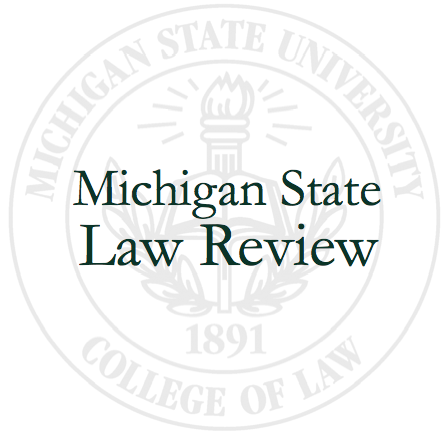The Supreme Court vs. Obamacare: Round 2
By: Herman Hofman
During the Supreme Court’s next term, the fate of the Affordable Care Act (ACA) will once again be decided. In November, the Court agreed to hear a lawsuit targeting the federal subsidies that millions of Americans rely on to purchase health insurance. While the Obama Administration contends that these subsidies are essential to making health insurance more affordable to low- and middle-income families, the challengers argue that the administration’s interpretation contravenes the plain language the law sets forth.
The question before the Court is whether Americans may only buy subsidized insurance through exchanges created by states, or whether federal exchanges may also provide subsidized insurance. The plain language of the ACA is that Americans may purchase health insurance through exchanges “established by the state.” About a third of the states currently provide exchanges.
The Supreme Court’s holding is of potentially enormous significance. Both the administration and the challengers agree that the subsidies are critical to the ACA. Michael Carvin, the lawyer representing the challengers, encouraged the Court not to delay its decision. He argued that a favorable ruling would mean “millions of people are ineligible for subsidies and exempt from the Affordable Care Act’s individual mandate penalty.” Further, “it means that the IRS is illegally spending billions of taxpayer dollars every month without congressional authority.”
In the event of an adverse ruling, the Obama Administration may not have the legal and political ability to save the law. In order to do so, every exchange would have to be turned into a state exchange. However, the ACA sets out specific requirements for state exchanges. State exchanges must consist of a governmental or non-profit board that regularly meets with stakeholders. State exchanges also lack funding: federal grants to state exchanges expire at the end of this year. As the collapse of the Vermont single-payer system this month shows, funding is critical to state exchanges. Although the Obama administration has exercised considerable discretion under the law before—most prominently in delaying the employer mandate—such a response to an adverse ruling will likely trigger further legal challenges.
Congress, on the other hand, could easily correct the problem by amending the law to allow exchanges established by the federal government to disburse subsidies. However, this is extremely unlikely, as the incoming Senate Majority Leader Mitch McConnell stated earlier this year that he hopes the Supreme Court will “take down” Obamacare and provide Congress with the opportunity for “a major do-over.”
At the state level, Republican dominance also presents a challenge to any attempt by the Obama Administration to save the law. As a result of the 2014 elections, Republicans control the vast majority of state legislative chambers and gubernatorial mansions. Further, more than twenty states have already refused to participate in the ACA’s Medicaid expansion. Thus, Congressional intransigence, state governments, and the language of the act itself may make it very difficult for the ACA to survive the Supreme Court’s decision this time.
